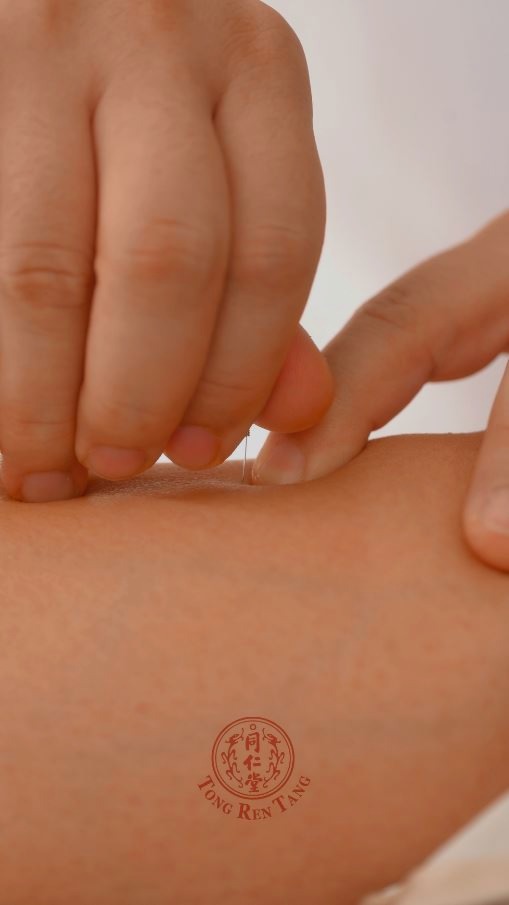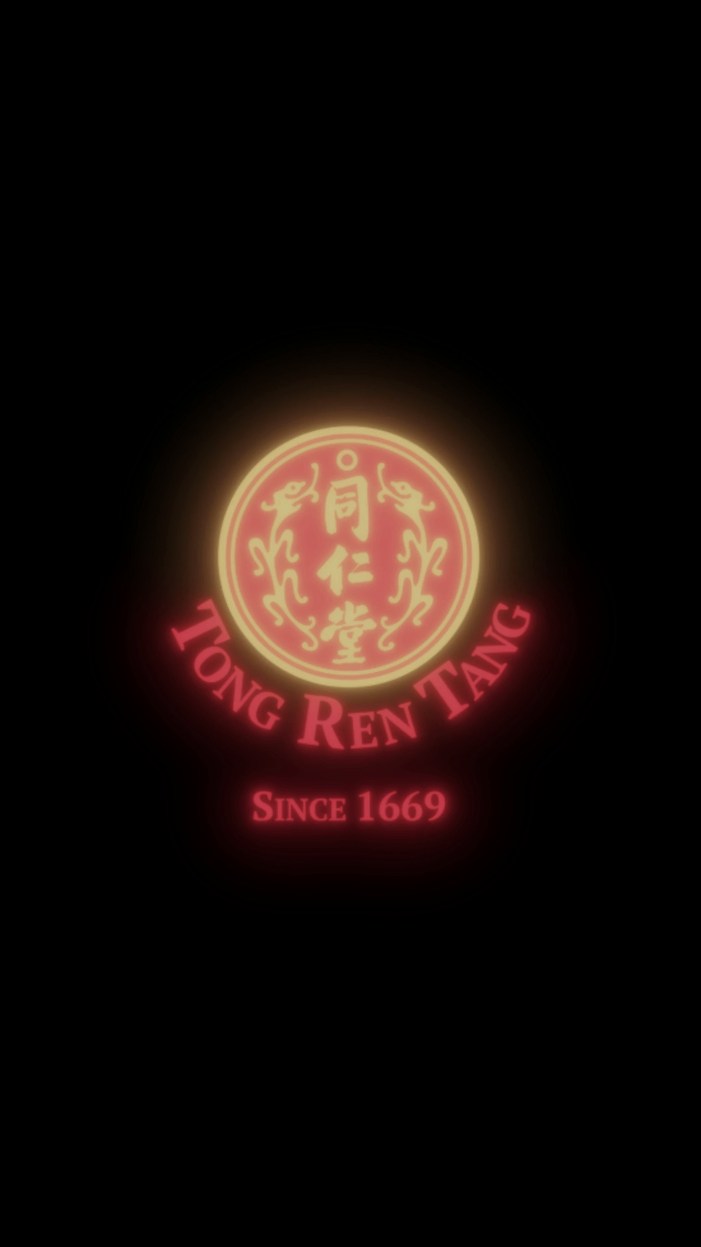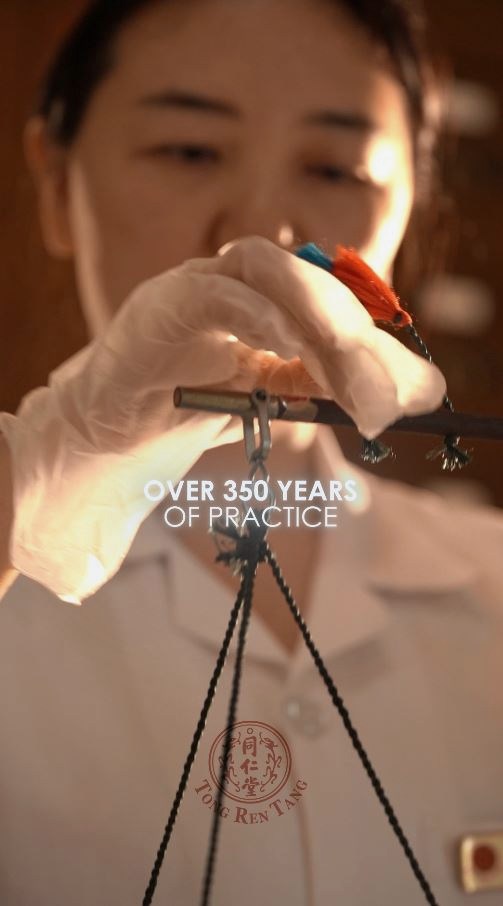Understanding Traditional Chinese Medicine
Traditional Chinese Medicine (TCM) is an ancient system of health care that has been practiced for over two thousand years. Rooted in the principles of balance and harmony, TCM emphasizes the importance of the mind-body connection in maintaining health. By understanding the body’s energy, known as “Qi,” practitioners can diagnose and treat a variety of ailments through personalized treatment plans.
The philosophy of TCM focuses on the interdependence of various body systems and their relation to the environment. Unlike Western medicine, which often isolates symptoms, TCM seeks to address the underlying causes of illness by restoring balance. This holistic approach makes it particularly effective for chronic conditions that may not respond well to conventional treatments.

Key Components of TCM
TCM incorporates several key components, including acupuncture, herbal medicine, dietary therapy, and Qi Gong. Acupuncture involves inserting fine needles into specific points on the body to stimulate healing and promote the flow of Qi. This method has gained popularity worldwide for its effectiveness in pain management and stress relief.
Herbal medicine is another cornerstone of TCM, utilizing a vast array of plants and natural substances to create remedies tailored to individual needs. These herbal formulas can boost immunity, improve digestion, and enhance overall well-being. The holistic nature of TCM ensures that each treatment is customized, takeing into account the patient’s unique constitution and lifestyle.

TCM in Modern Healthcare
In recent years, there has been a growing interest in integrating TCM with modern healthcare practices. Many medical professionals recognize the value of TCM in treating chronic diseases such as arthritis, diabetes, and mental health disorders. Studies have shown that TCM can comlement conventional treatments, offering patients a more comprehensive approach to health care.



